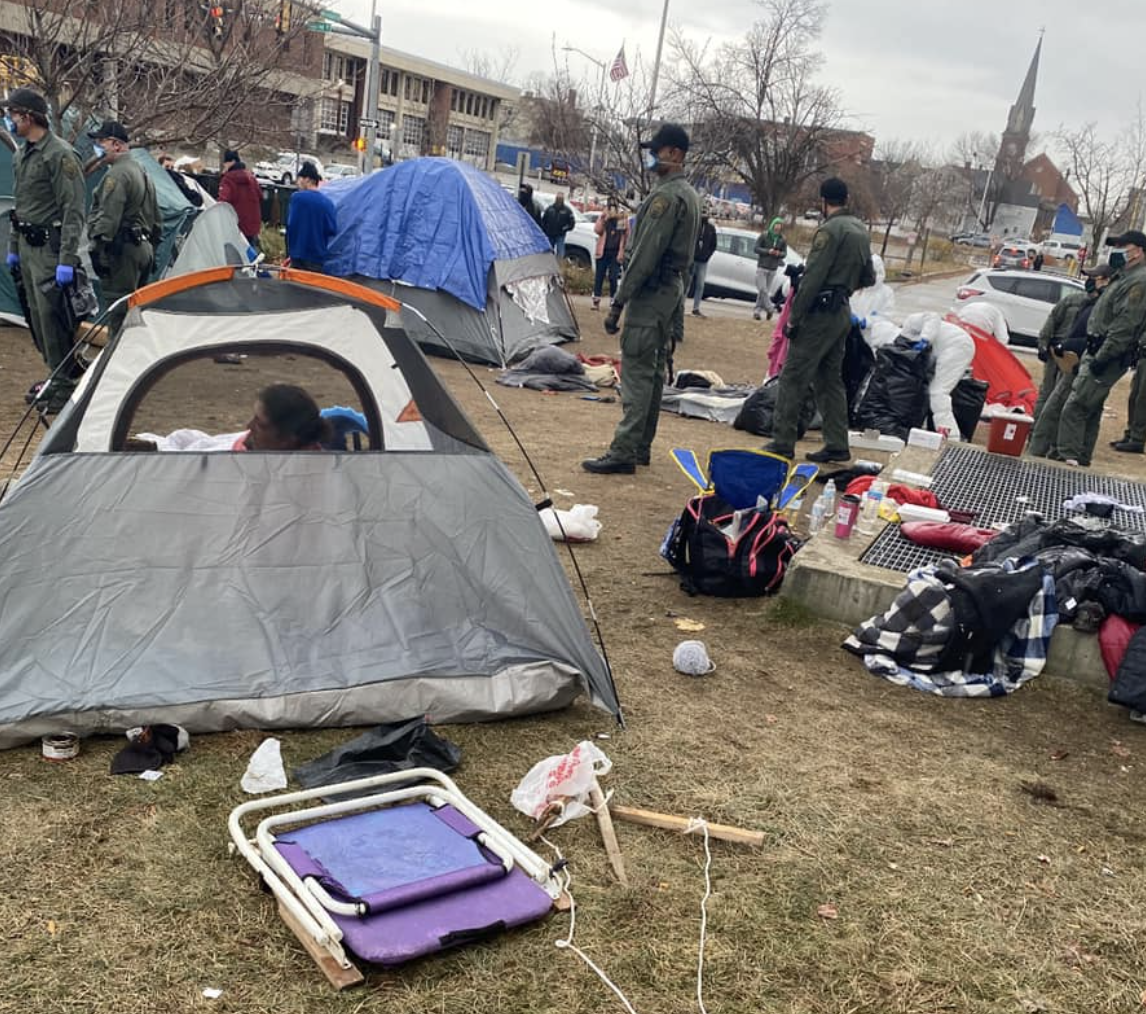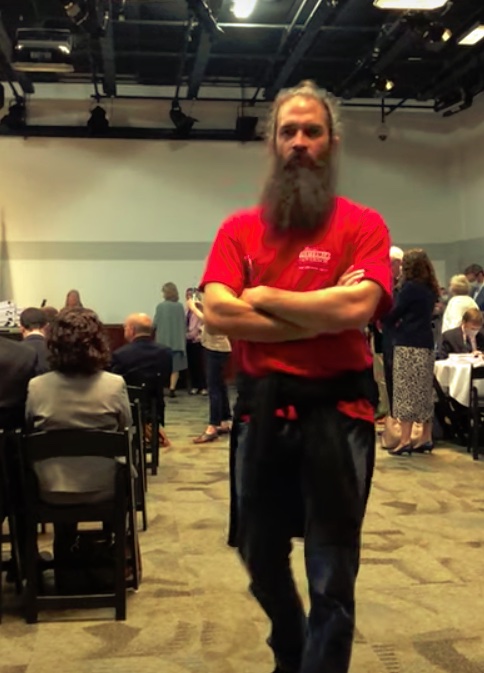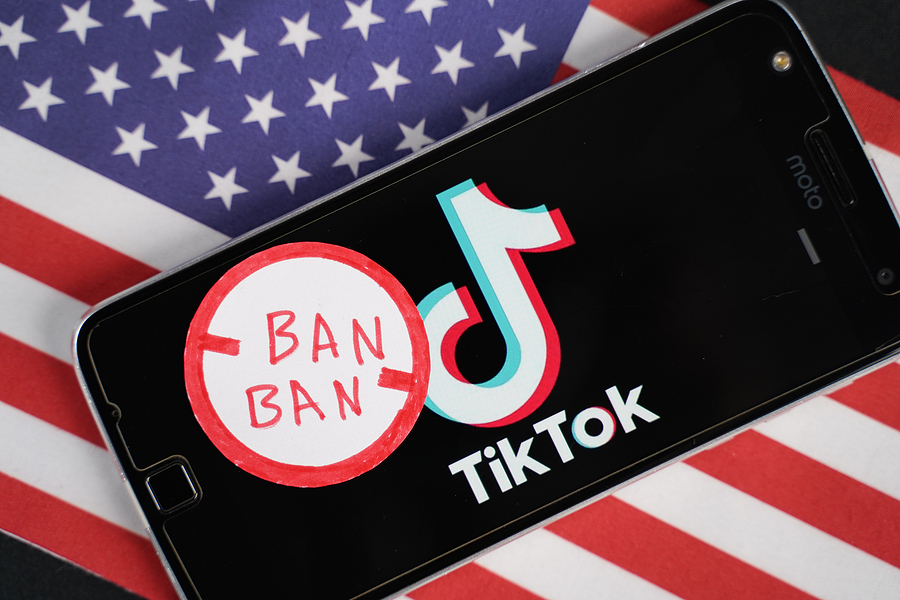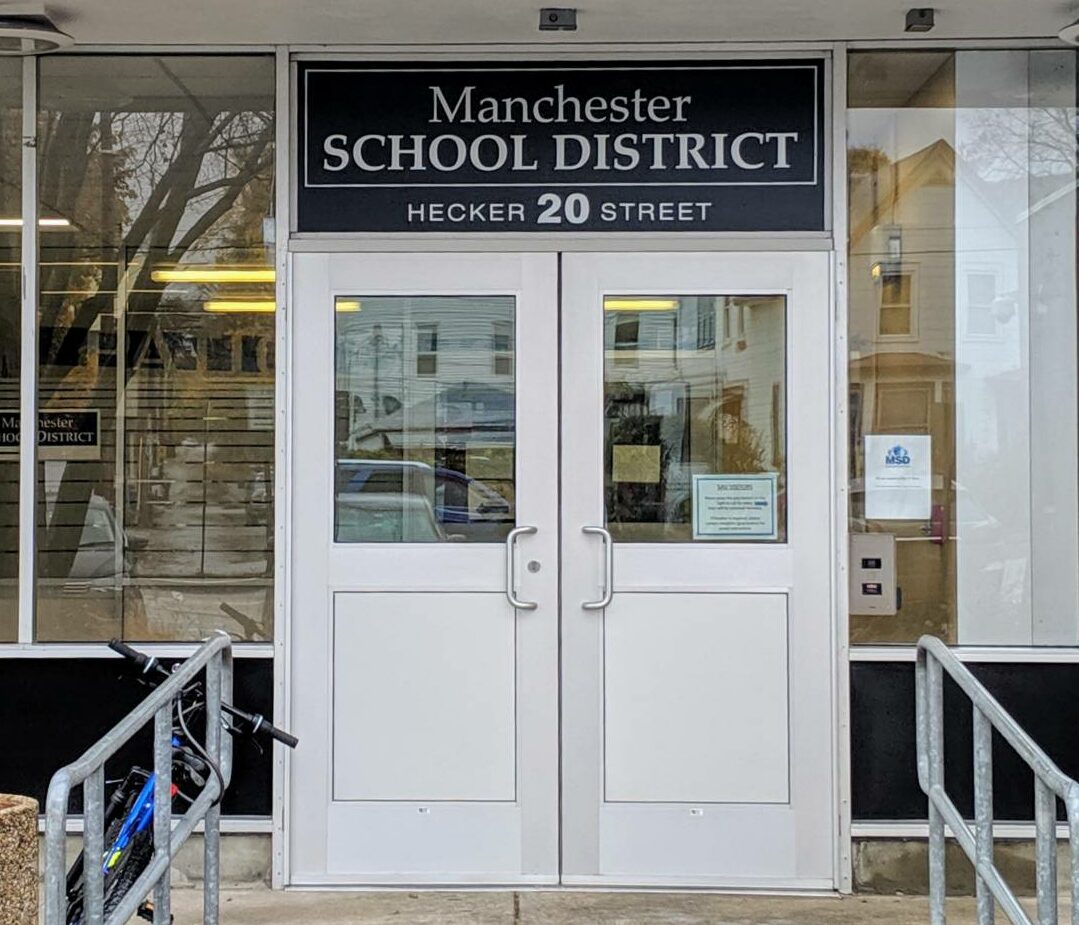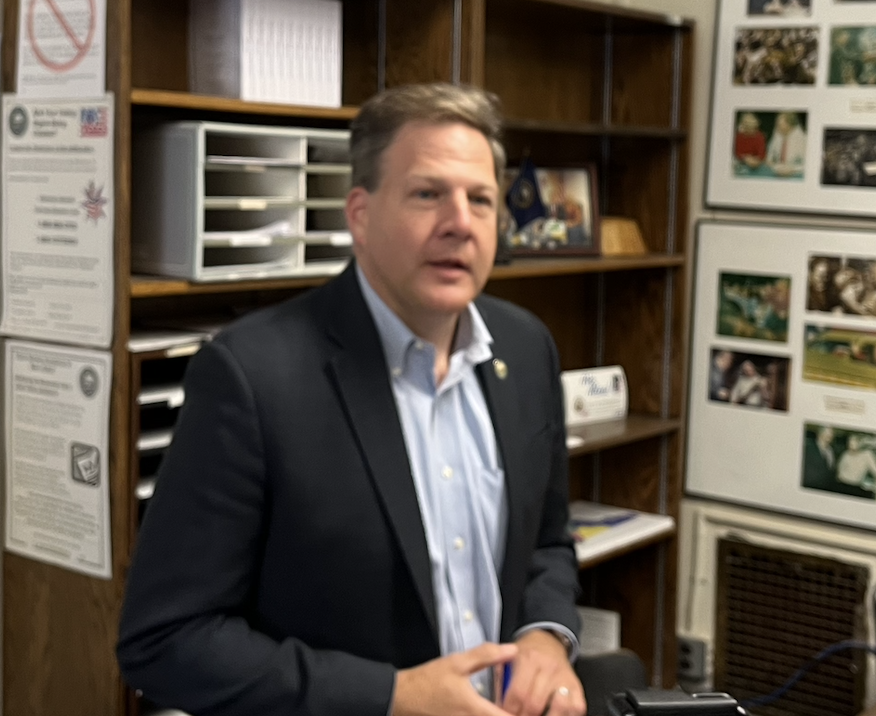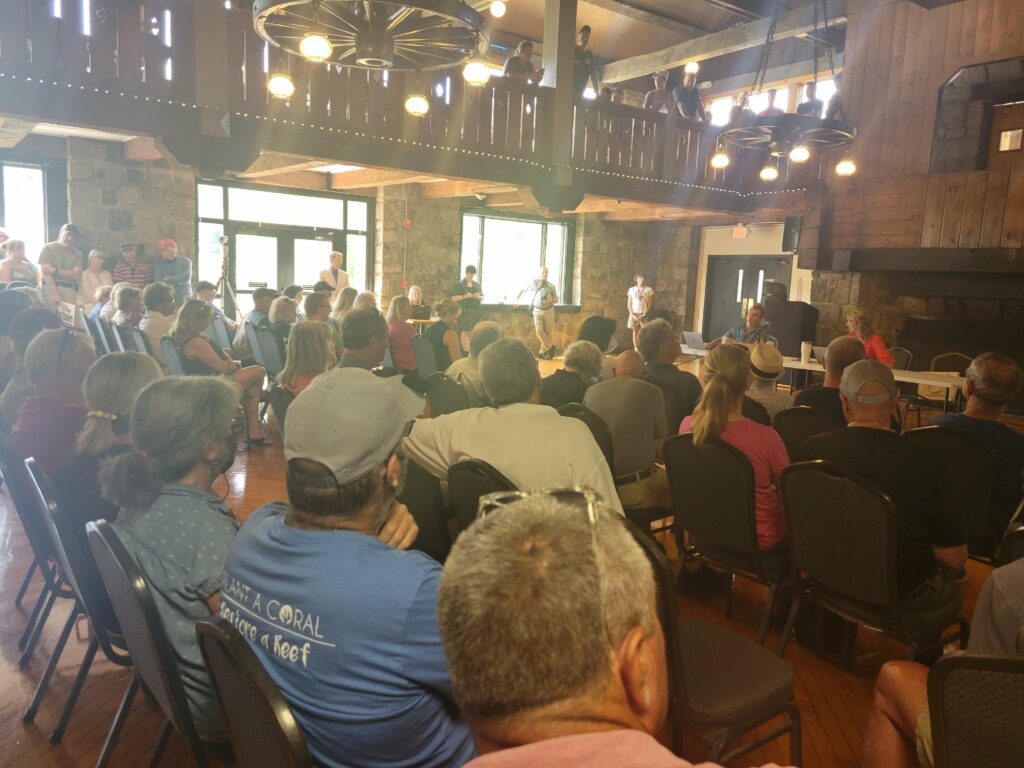In Divided House, NH Dems Continue Attacks on Popular EFA Program

On Tuesday, House Democrats came within a single vote of approving a bill undermining the state’s Education Freedom Accounts, a sign of their commitment to waging war on the popular school choice program.
Hours earlier, Gov. Chris Sununu released his budget proposal for the biennium, proposing a doubling of EFA funding and expanding the number of eligible families. With polls showing overwhelming support for parental control of education, it’s an issue Republicans are likely to continue to advance.
The expanded EFA funding was part of an education budget proposal to add “an additional $200 million over the next two years — and an additional $1 billion over the next ten years – all with a priority towards school districts that need this aid the most,” Sununu said Tuesday. “These investments, which flow directly to local schools, will help cities and towns lower their property taxes.”
Participation in the EFA program has outstripped original estimates, with more than 3,000 students in the program in just its second year. Democrats say this is a sign the program was poorly designed, and they complain that most parents accessing the funding were already sending their children to private schools.
Their solution — in HB430 and SB141 — is to force parents who want to use EFA funding to send their children to private, parochial or home school must first force them to spend a year at their locally-assigned public school. Even if the student is already thriving in the school chosen by their parents.
As progressive state Sen. Debra Altschiller (D-Stratham) told the state Senate Education Committee last month, while there are some students for whom their public school “may not be the best fit….We can’t know how anything fits without first trying it.”
Using EFA funds “should require families avail themselves of the educational opportunities offered to them first,” Altschiller said. “Before opting out of the public school system, take advantage of the educational opportunities in your community provided to you.”
Rep. David Luneau (D-Concord), prime sponsor of the House bill, is deputy ranking member of the House Education Committee. He echoed Altshiller’s objections.
“Rather than simply transferring state funds when students leave public school, the program is open to students already in private education, who otherwise receive no state funding,” Luneau said in a statement. “This has caused the EFA budget and tax obligation of Granite Staters to quickly skyrocket, as most vouchers awarded have gone to students already in private school.”
The EFA program is already limited to families earning less than 300 percent of the federal poverty level. This year it will cost $14 million of the total $3.5 billion New Hampshire spends on k-12 education.
Still, Democrats are determined to end it. Even if it means disrupting educational success, critics say.
“Some legislators in the House wanted to force Granite State students to return to institutions that they already have chosen to leave,” said Sarah Scott of Americans for Prosperity New Hampshire. “Besides being highly disruptive to students’ education and traumatizing to students who have encountered bullying or fled ineffective learning environments, it undermines the decisions that parents have already made for their children.”
Altschiller sent her own children to expensive private academies.
During a Senate committee hearing on the bill, parents with children already using alternative education would be pushed back into public schools that had already failed them.
“I have a 5-year-old who started home school this year — does she need to go to second grade for a year, and then come out again, so we can take advantage of the funds?” asked James Van Nest of Dorchester, N.H. “My son hasn’t finished a full year of public school. Does he now need to re-enter the school system and then can we use the funds once we take him out?”
Despite the potentially drastic impact of the bill, every Democrat in the House except one — Philip Jones of Keene — voted for it on Tuesday, and every Democrat in the state Senate is a cosponsor, a sign of the depth of their opposition. The House vote came just days after an NHJournal poll found overwhelming bipartisan support for parental rights in decisions regarding the education of their children.
The vote was so close, Speaker Sherman Packard had to take the unusual move of casting a vote from the chair to create a 185-185 tie, preventing it from being sent on to the House Finance Committee. In a subsequent vote, the Democrats’ plan was tabled 186-183.
“It is disappointing that Republicans voted to the unsustainable giveaway to current private school students today, but House Democrats will continue fighting to establish appropriate guardrails in the EFA program,” Luneau said.
“For Democrats, kids are nothing more than ‘school funding units,” responded Rep. Glenn Cordelli (R-Tuftonboro), also a member of the Education Committee. “We believe they are children who deserve the best education that meets their needs – as determined by their parents.”

